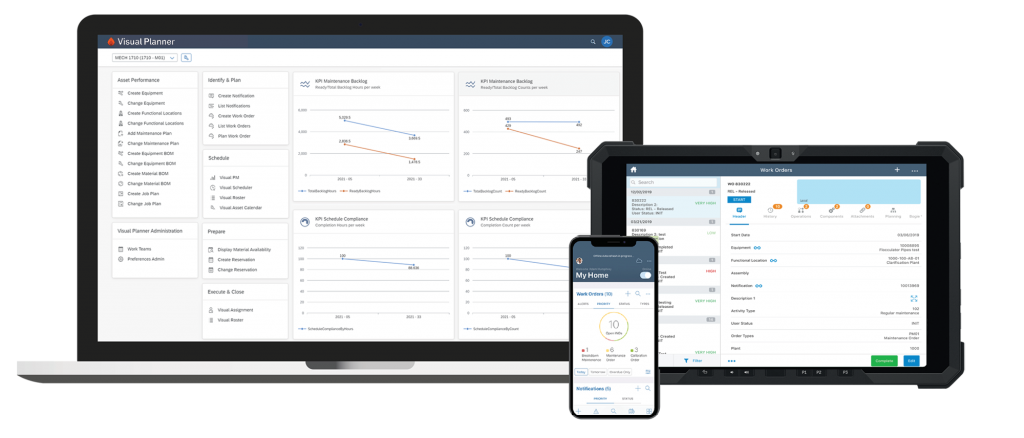Some studies have shown that one out of every two meetings are useless, that these meetings only require half of the participants, and that people who attend feel they have wasted 50% of their time.
So how can we make our maintenance scheduling meetings more efficient?
Here are six simple and practical tips to reduce the number of meetings and their duration, improve their quality, and finally lock in your weekly schedule for the upcoming week.
1 – Setting up rules is a must
Display the rules to follow during your meeting and communicate them to participants. These rules will simplify the way meetings are organized and influence attendee behavior.
2 – Sharing information outside of meetings
Sharing information during a meeting is a waste of time! Instead, implement collaborative, communication and document sharing platforms.
3 – Inviting the proper people
Choosing the right people, those who are going to speak up and make decisions is key! Put egos aside!
4 – Having an agenda that outlines the topics of discussion
Start the meeting by reading the document out loud to facilitate concentration and discussion, page by page, slide by slide, to challenge data, assumptions and results.
5 – Getting comfortable
Find a place that encourages discussion. A room with row seating does not promote interaction. An oval table, on the other hand, fosters interaction around the center of the table, but does not promote any dynamics at its ends. Choose the ideal setting for you. A round table or square one perhaps? Maybe a smaller table would suit you best. It all depends on you!
6 – Reinventing Meetings
Replication leads to recurring behaviors and old habits. This has an impact on the decision-making. Renew your approach to meetings, put an end to old practices, change formats, and feel free to modify the agenda and the meeting’s rules.
Did our tips catch your attention? Consider this then:
- Which meetings can I cancel or decline?
- How many attendees really need to be there?
The time you will save will help you better plan your activities and improve your methods.


